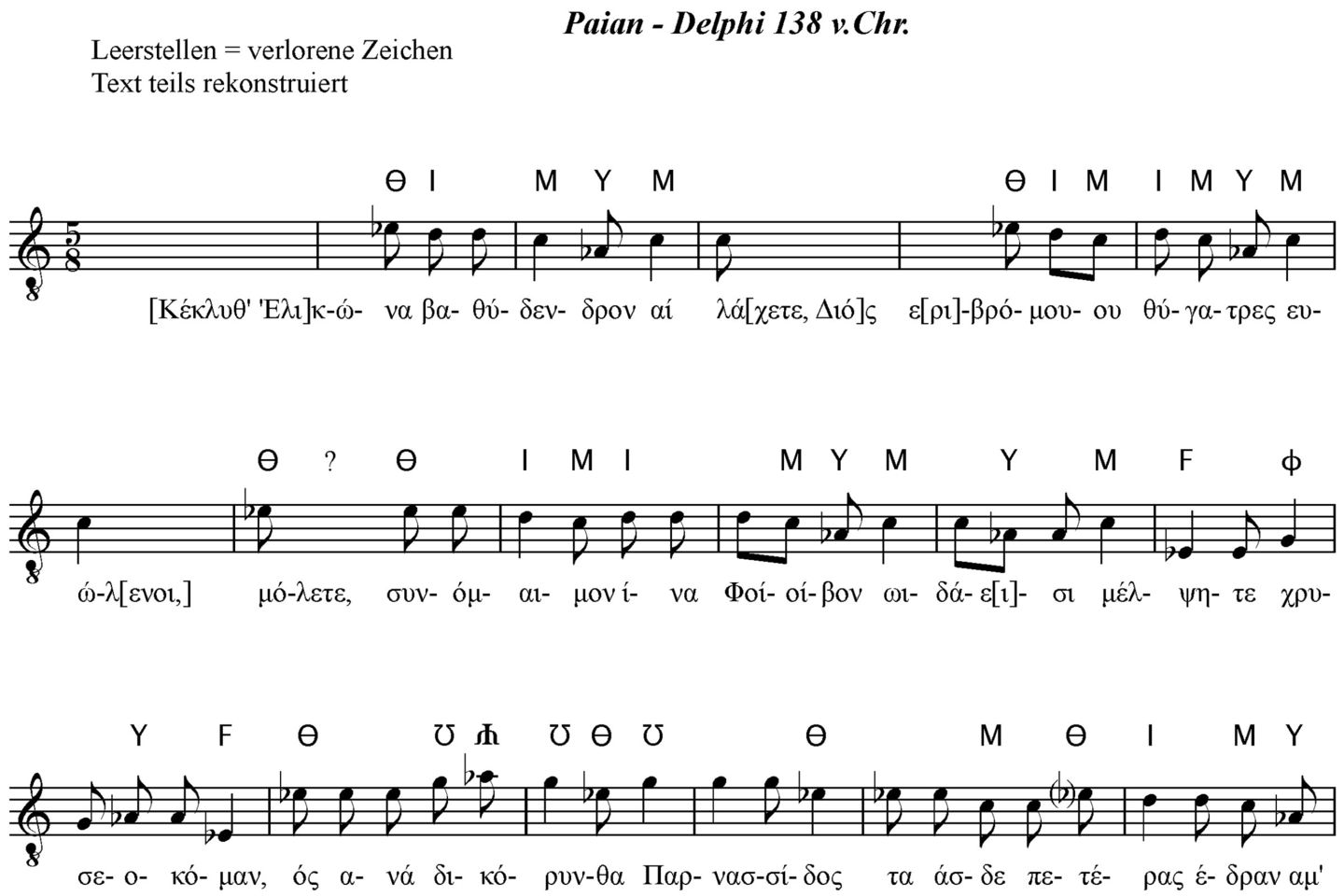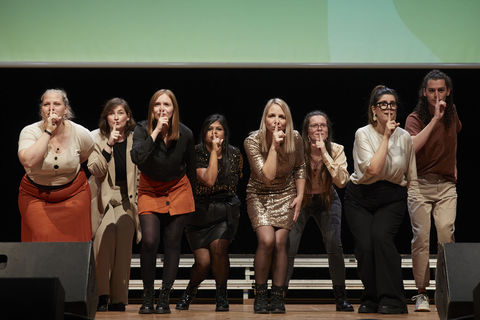
Mind-blowing facts about the oldest choral repertoire ever found
Historical aspects of the oldest choral repertoire surviving today most choir singers don’t know!
As a choir singer or fan, there are probably a lot of niche things you know about the choral and music world… But once again, we are here to challenge your knowledge: have you ever wondered what was the first choral composition ever written in the history of choral music?
And have you ever tried to imagine what that would look like - or better, sound like? Unfortunately, we cannot know with absolute certainty which ancient choral composition would be de facto the first one ever written. Or even if we ever found it at all!
Nevertheless, what we can know is which one is the oldest unambiguously choral repertory with the oldest surviving choral pieces ever found up to today!
Along with some very interesting facts about it we bet you would have never guessed!
1. It dates back to ancient Greece
The oldest unambiguously choral repertory surviving today dates back to Ancient Greece. Of this, the Delphic hymns (2nd century BC) and the hymns of Mesomedes (2nd century AD) are the most complete.
Below is the first verse of the hymn in conventional transcription and the letters above the words represent the notes of music. However, in performance the pitch would probably have been about a minor third lower. Various modern recordings of the music can be found online.

2. It was sung in drama pieces and only in unison
The original Greek chorus sang its parts in Greek drama - Greek tragedies, comedies, and satyr plays. The chorus was meant as a collective voice on the dramatic action and it therefore consisted of a homogeneous, non-individualised group of performers (between 12 and 50), who danced, sang, or spoke their lines in unison, and sometimes wore masks.
3. It includes the earliest notated music whose composer is known by name
As a matter of fact, the first of the Delphic Hymns is also the earliest unambiguous surviving example of notated music from anywhere in the Western world whose composer is known by name! More precisely, inscriptions indicate that the First Delphic Hymn was written by Athenaeus, son of Athenaeus. The second Delphic Hymn, instead, is believed to have been composed by Limenius.
4. It was also inscribed in stone or written on papyri
The earliest choral repertoire surviving today consists in a variety of choral pieces from different centuries and locations. For instance, both Delphic Hymns were found in 1893 by French archeologist Théophile Homolle inscribed on stone fragments from the south outer wall of the Athenian Treasury at Delphi.
Similarly, the Seikilos epitaph was found engraved on a tombstone - a stele - from the Hellenistic town of Tralles near present-day Aydın, Turkey, not far from Ephesus.
At the same time, fragments of choral parts in the works Orestes by Euripides and Ajax by Sophocles were found on papyri.
5. It also comprises the oldest surviving complete musical composition (including musical notation) from anywhere in the world
The aforementioned Seikilos epitaph, found engraved on a stele from the Hellenistic town of Tralles, is a song whose both melody and lyrics are written in the ancient Greek musical notation. It has been variously dated, but appears to be from either the 1st or the 2nd century CE. While older music with notation exists, as the Hurrian songs, all of it has only been found in fragments.
There are various modern executions of this composition available online, among which this one and this one.
Similarly, also the Delphic Hymns have been performed and interpreted throughout the centuries. For instance, these are four versions (spoken and sung) of the First Hymn, and here’s a reconstructed recording of the First Delphic hymn by The Ensemble de Organographia.
This means that you can listen today, from your own room, to music that was written thousands of years ago! Isn’t this mind-blowing?!
If you didn’t know this before and find it fascinating, you can’t miss to have a look at this article, and discover 5 more interesting facts we bet you didn't know about choirs!



